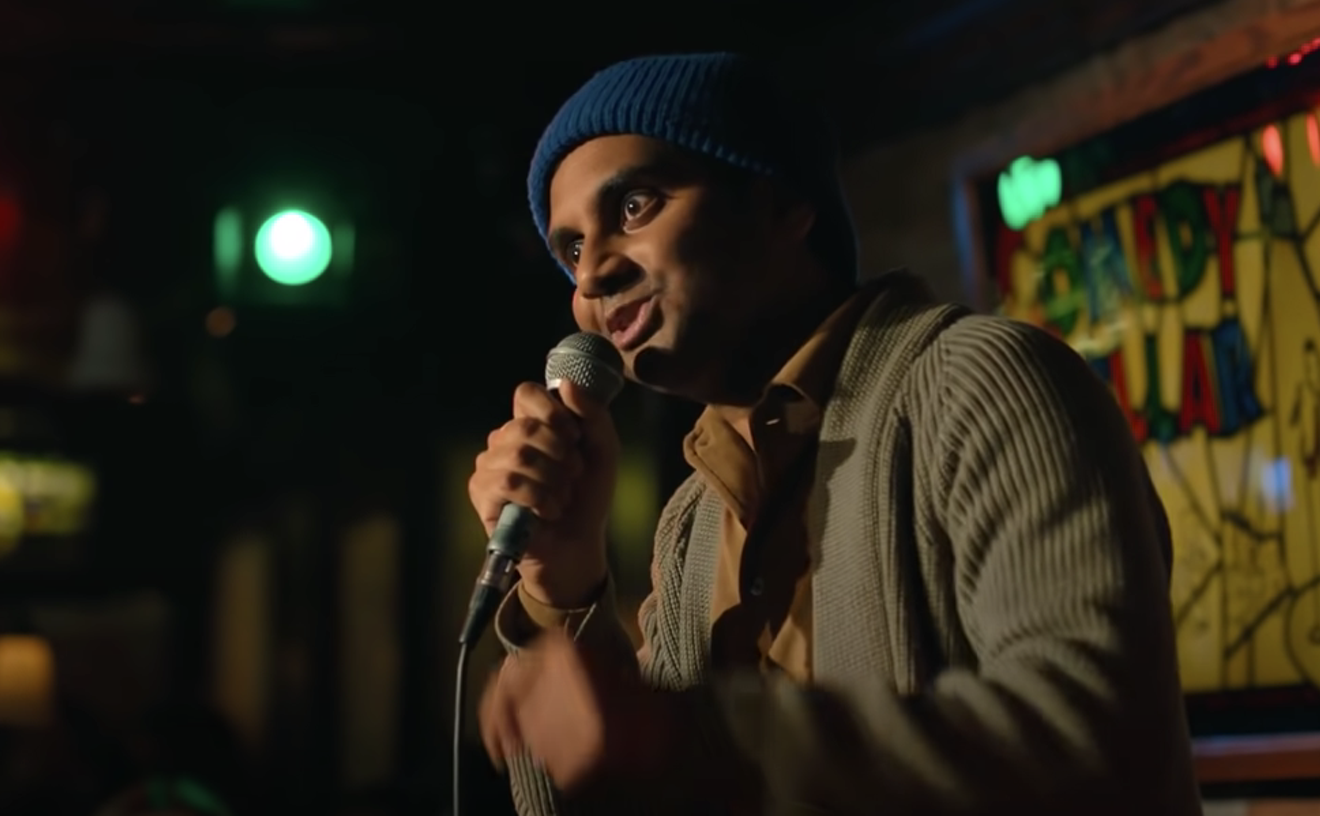"I was wrong," he says quietly.
Life on the streets -- fear, dumpster foraging, harsh conditions, prostitution -- took its toll on Will, just as it has taken a toll on countless others. These cruel conditions are detailed in Out in the Cold, a sixty-minute documentary about homeless gay youth. The movie is the first by local film editor Eric Criswell, who started the project in November 2000. "This topic is important, and there wasn't anything out there," he says.
Denver is a temporary destination for thousands -- including runaway teens from neighboring states, which gave Criswell plenty to tape along the 16th Street Mall -- but the filmmaker wanted expand the scope of his work, so he linked up with Los Angeles documentary-maker Martin Begodne to explore that city's mean streets. For contrast, they also examined the lives of sexual outcasts in rural Indiana. Their ultimate goal, Criswell says, was to illuminate the dark, dangerous world faced by an estimated 1.3 million homeless youths, nearly 40 percent of whom are gay, lesbian, transgendered or bisexual.
This segment of the film is disproportionately large, he explains, because of the rejection gay teens often encounter. "These kids aren't getting support at home, at school or in the community," Criswell says. "They feel there is no place for them, so they run away. Then they have to survive somehow."
In the film, several of the homeless (who are identified only by their first names) talk of the verbal and physical abuse they suffered once their sexual identities became known: Name-calling, beatings and other forms of harassment in school hallways were common. Others remember that the harshest treatment they encountered was inside their own homes. One father routinely taunted a gay youth, talking about the torment his son could expect in hell. It is this sort of behavior by once-loving mothers and fathers that can be the most hurtful and baffling, the film's subjects say.
Judy Shepard, mother of Matthew Shepard, the gay college student beaten to death in Wyoming, appears in the movie to urge tolerance. As co-founder of the Matthew Shepard Foundation, a major backer of the documentary, she suggests that all parents practice "unconditional love" of their children to avoid tragedy.
"My son was taken away from me," Shepard says. "I can't imagine how anyone would willingly throw away their own child."
Likewise, Rick Koca, founder of StandUp for Kids, cautions guardians thinking about throwing a child out of the house to first consider what sort of "life-and-death decision" could result. Many teens new to the streets turn to prostitution, he notes, then asks, "What would you do to survive?"
According to Koca, thirteen homeless teens die every day in this country. "Most people don't care; they just figure it's one more kid who 'fell through the crack,'" he says. "One point three million kids fall through that crack. Are we going to fix it?"
For Criswell, who will introduce the film at its Denver premiere and join in a panel discussion afterward, the problem of homeless youth yields no easy answers. But he did establish the CIRE Foundation in Westminster (www.cirefoundation.org) to help make accurate information available, and he produced a companion resource guide to go along with the film.
"There aren't clear-cut solutions, and we don't offer any," he says. "But we wanted to bring an awareness."










